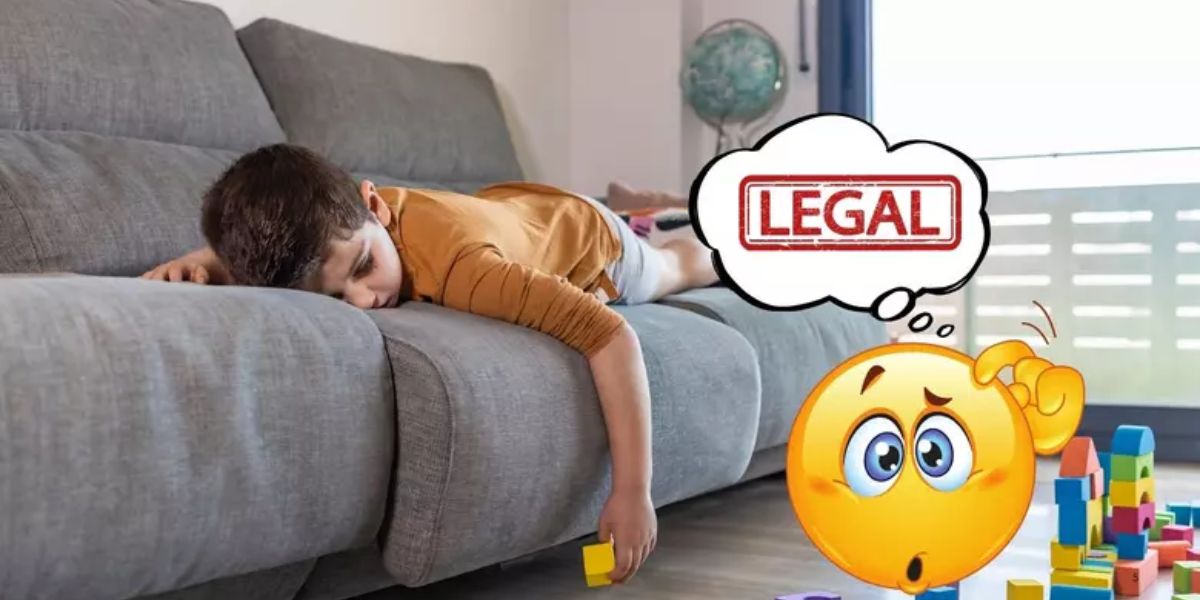This piece was written by Mary Berg. Light AI tools assisted with grammar checks and layout polish. All editorial decisions and wording remain fully human and original.
Many parents and guardians wonder about the legal rules surrounding when and how children can live independently in Texas.
Whether a child is considering moving out, or a parent is concerned about their minor living alone, understanding Texas laws is essential to ensure everyone’s rights and safety are protected.
Legal Age to Live Independently in Texas
In Texas, the general rule is that a person must be 18 years or older to legally live independently without parental consent. At 18, individuals are considered adults and can make decisions about where to live, work, and manage their own affairs.
Emancipation of Minors in Texas
For minors under 18 who want to live independently, Texas offers a legal process called emancipation.
What Is Emancipation?
Emancipation is a court-approved status that grants a minor many of the legal rights and responsibilities of an adult before they turn 18. Once emancipated, a minor can:
- Live independently from their parents or guardians
- Enter into contracts
- Manage their own finances
- Make medical decisions
Who Can Petition for Emancipation?
In Texas, minors who are at least 17 years old may petition for emancipation if they can demonstrate:
- Financial independence
- Ability to manage their own affairs
- That emancipation is in their best interest
The Emancipation Process
➤ The minor must file a petition in the county court.
➤ The court will hold a hearing to review the case.
➤ Parents or guardians are typically notified and can participate.
➤ The court decides whether emancipation is appropriate based on the minor’s circumstances.
What Happens if a Child Lives Independently Without Emancipation?
If a minor under 18 lives independently without emancipation, the parents or guardians retain legal responsibility for the child. This situation may raise concerns related to child neglect or truancy under Texas law.
Important Considerations for Parents and Minors
✅ Safety First: Ensure the child’s living situation is safe and stable.
✅ Legal Advice: Consult a family law attorney when considering emancipation or if there are questions about a minor’s living arrangements.
✅ Support Services: Texas provides resources for youth facing housing challenges, including shelters and counseling.
Texas law prioritizes the welfare and safety of minors while recognizing that some teens may be ready to live independently before age 18.
Emancipation offers a legal pathway for these youths, but it requires careful consideration and court approval. Parents and minors should understand their rights and responsibilities to navigate these situations successfully.



